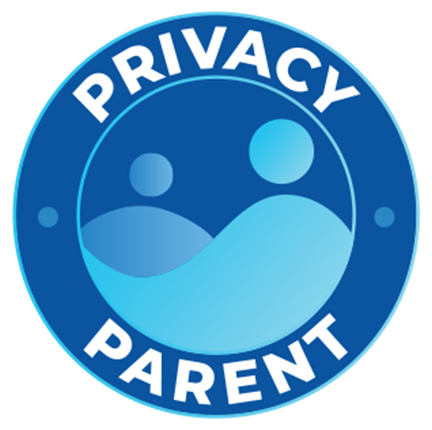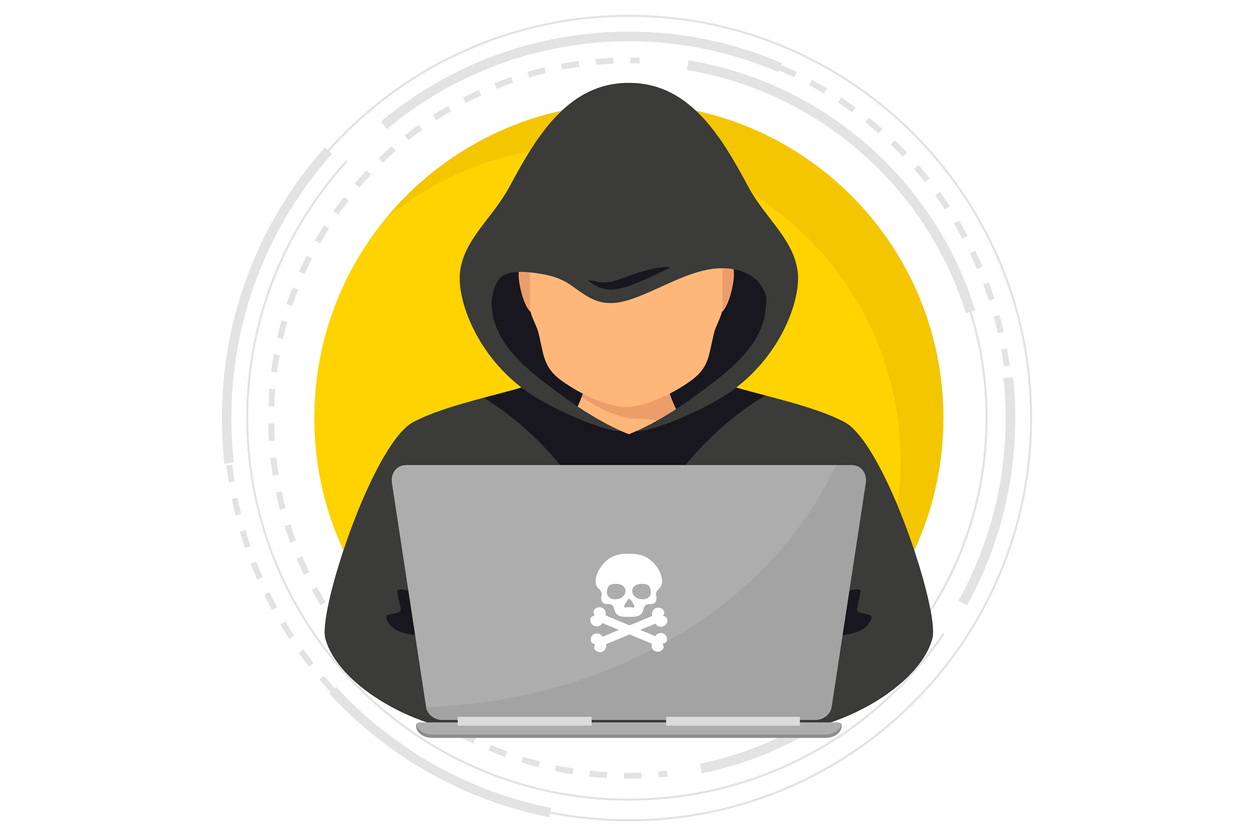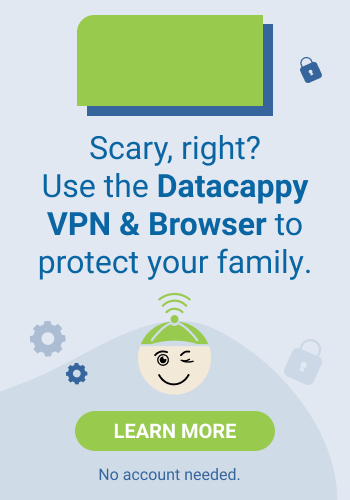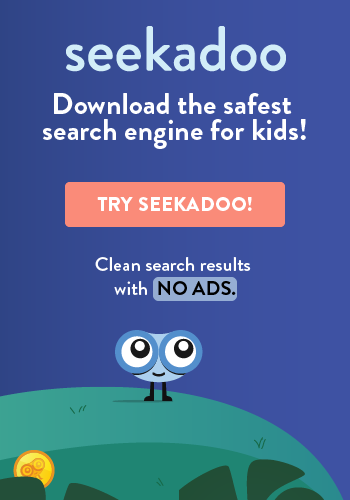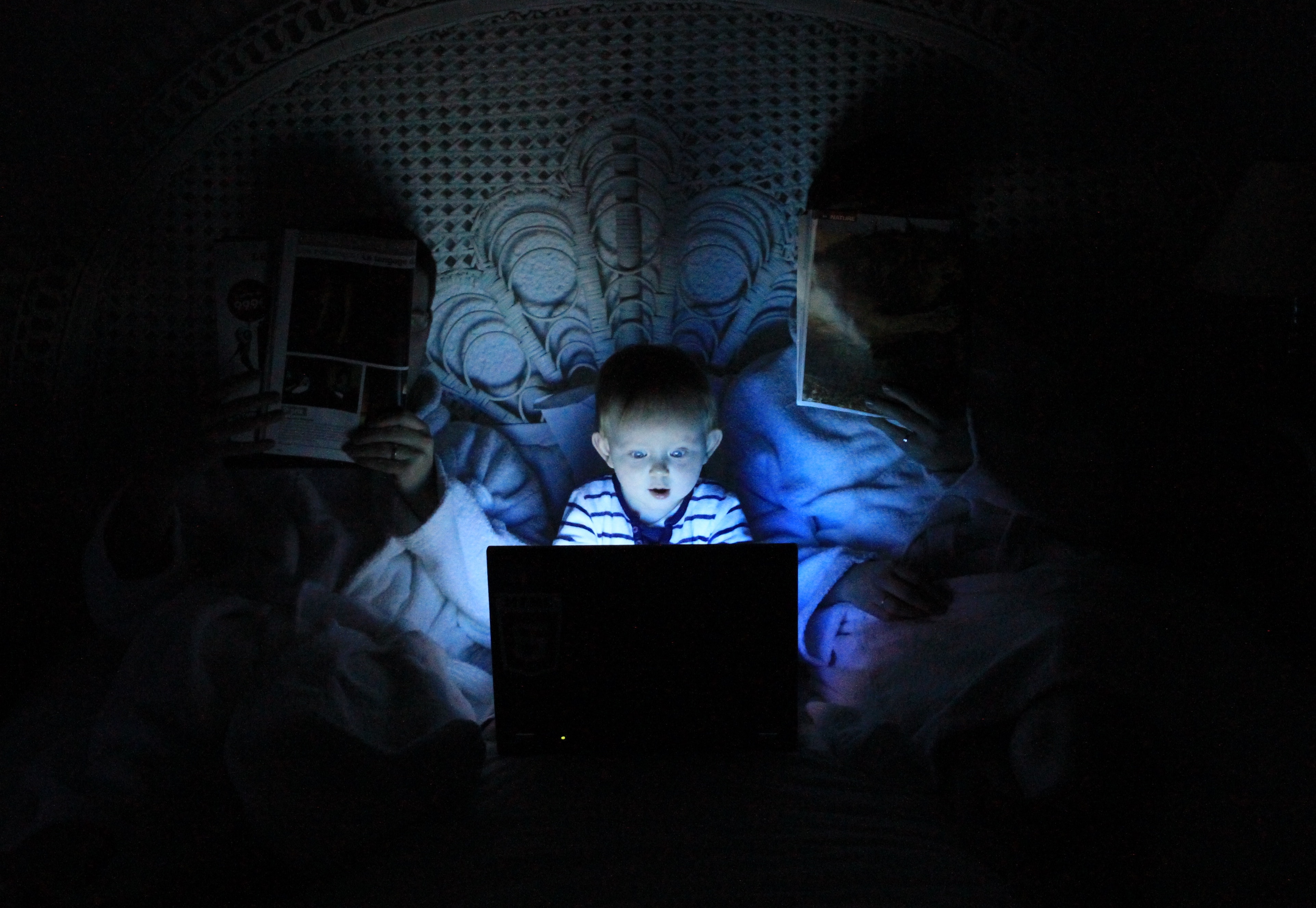
Kids love YouTube. So do parents. It’s a parenting Swiss army knife; an endless, commercial-free way to occupy the kids so that Mom and Dad can get things done. But it’s only a matter of time before your little one wants a YouTube account of their own. And as much fun as it is to make videos, YouTube is also a harsh introduction to the less benign side of the Internet: mean commenters; the compromising quest for “likes.” But most importantly, it’s the start of a digital footprint that lasts forever. It costs nothing to take those first steps, everything appears to be free, but there is a cost.
Modern technology allows us to do so much without requiring us to provide monetary compensation. At any moment, we can download a new app onto our mobile devices to solve whatever immediate need we may have. And whether it’s playing a mindless game or managing household finances, there’s always a free option available.
Are these things really free? In one sense, yes. But we’re much too quick to check the little box that says we agree to terms and conditions. We approve privacy policies that we don’t read. We ignore the permissions that our apps ask for. And then we’re shocked when we realize how closely ads follow us, or when we discover that Facebook knows more about us than we thought.
What’s the true cost of “free” technology?
Kids don’t realize that what they post online today sticks around for years, even decades. Even more than that, though, is that the creation of a YouTube account is the start of Google’s prying into their lives. The stories they write in Google Docs, the emails they send, the searches they do in Google Earth – Google monitors and views it all. A 2012 Wired article estimated that the average Google account is worth more than $3,500 because of the data mining possibilities therein. And that’s six years ago. Who knows what that data is worth now? And, worse yet, what might it be used for in the future?
Companies like Google and Facebook were among the first to realize that providing free services is smart business, knowing that the data they could cull from users would more than make up for their lost revenues. Today, everyone is doing it. App stores are filled with spammy software that sits in the background and monitors your viewing habits, then sells that data to the highest bidder. And in 2018, the concern isn’t viruses and malware – it’s our privacy, something that’s diminishing by the day.
This isn’t to say that all data-driven free apps are evil. Your child can learn a ton of useful info from YouTube, and Google’s navigation services will help you to get to those birthday parties and find new places to take your kids. But every parent has to consider the cost of this access. It might not cost money, but it’s certainly not free.


